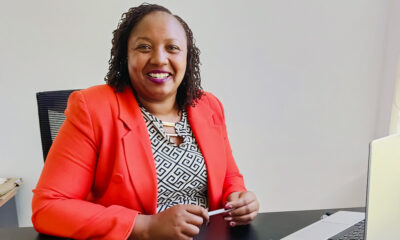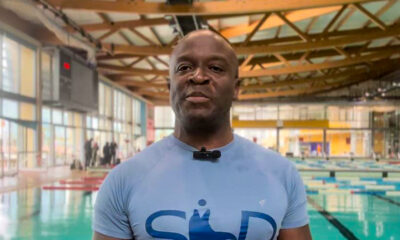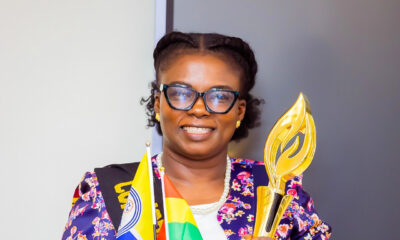Inspired
A group of aspiring filmmakers & actors want to see more women in front of the camera in Kannywood
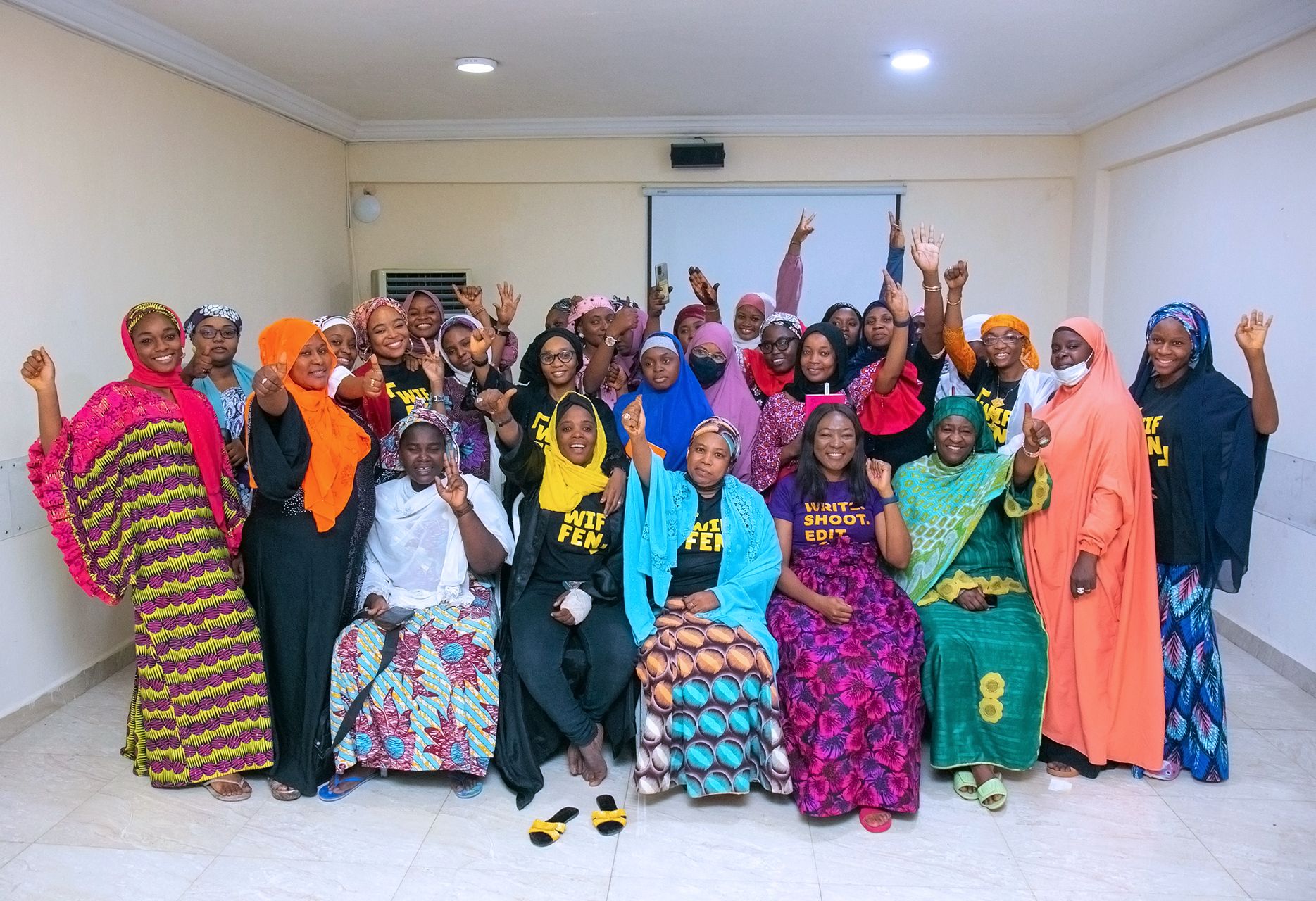
By Yakubu Liman, bird story agency
It is noon in the congested city of Kano, and Aisha Abubakar Usman is standing on the sidewalk, waiting for the right moment to cross busy Zoo Road.
The street, which by all rights should be named Kannywood Road, is home to almost all the city’s Hausa-language film production offices.
Kannywood is the name for the Hausa language film industry. It gets its name from Kano, the city in northern Nigeria where most of the filming takes place.
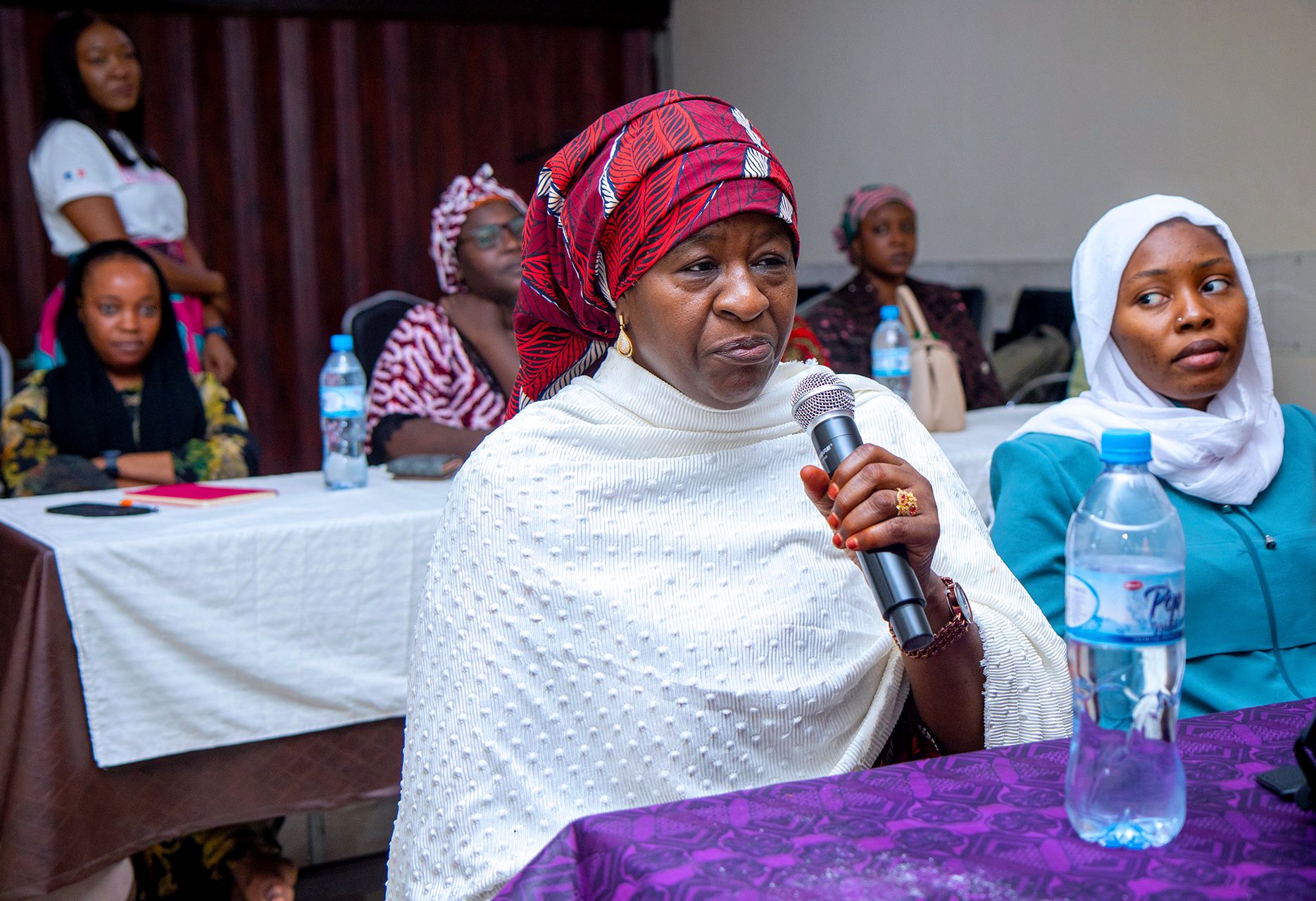
Having reached her destination, Abubakar sinks into a chair with a sigh of relief. The actress and production manager have just returned from a location recce. She spent the morning with a team of fellow female producers doing site inspections for an upcoming film shoot.
Abubakar and 29 other women—mostly Kannywood actresses, professionals from the media, students, and members of women’s organizations—were selected to undergo intensive production training, which exposed them to the mechanics of film-making, providing them with the means to take films from concept to screen.
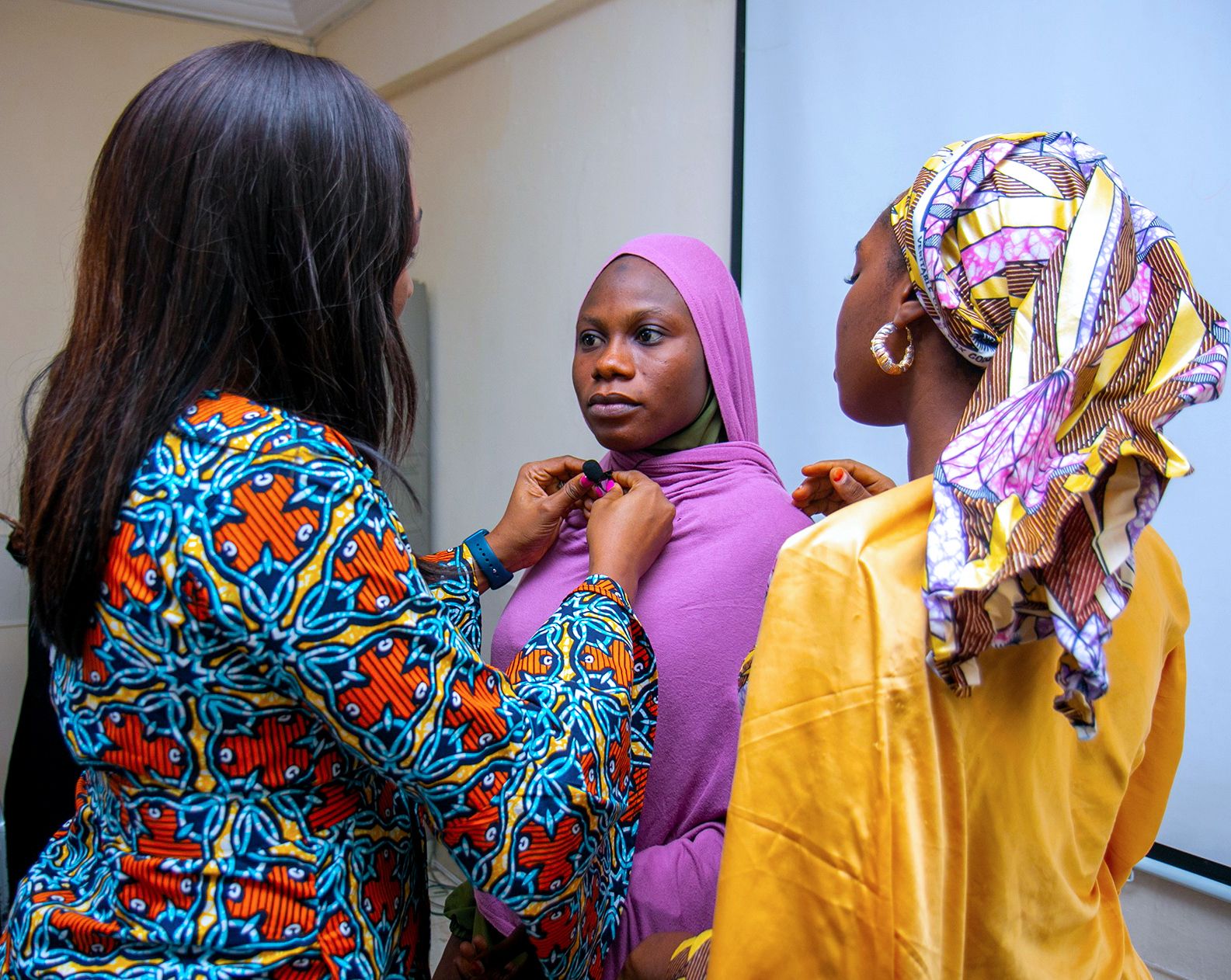
The women’s ambition is not only to take Kannywood by storm but also to break with the stereotypes and barriers that prevent women like themselves from making it in Nigeria’s main Nollywood film production market, which has seen a recent spike in interest thanks to the arrival of streamers like Netflix, Amazon, and Showmax in the market.
That afternoon, Abubakar goes to a pre-production meeting with teammates Binta Usman Abdullahi, Ummusalma Isa, Maryam Abubakar Ruffy, and Fatima Danjuma to talk about another location visit.
Abubakar has been involved in the Hausa language film industry as an actress for five years and has featured in films, TV shows, and, most recently, a web series. But like all the women in her team, this is the first time she is working “behind the camera”, thanks to specialised training in technical filmmaking skills.
It’s a chance that will change her life, and she’s thrown herself into her job as a production manager with all the energy, passion, time, and other resources she can find.
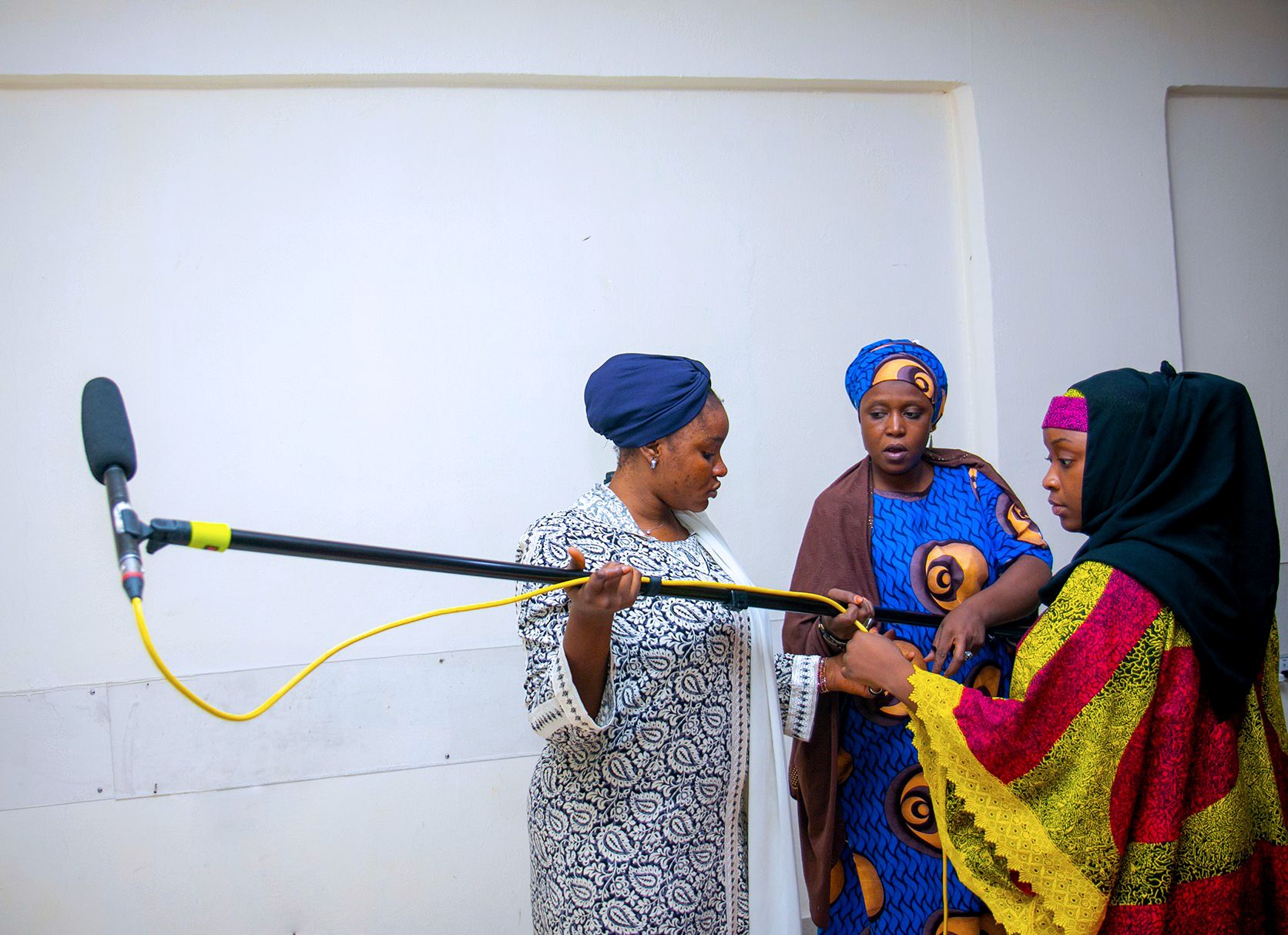
“This is my first time handling and knowing how a camera, a microphone, and other pieces of equipment work… and holding it in my hands and using it yourself,” Abubakar says, beaming.
“This is quite unlike when you are on a film set, and you are just given a script and sat before the camera, and that is it.”
Seated at a round table and looking very confident, the women in the group take turns enthusiastically talking about their newfound joy.
The all-women crew is working on a film about women that they want to use to break the stereotypical boy-meets-girl theme of many Kannywood films.
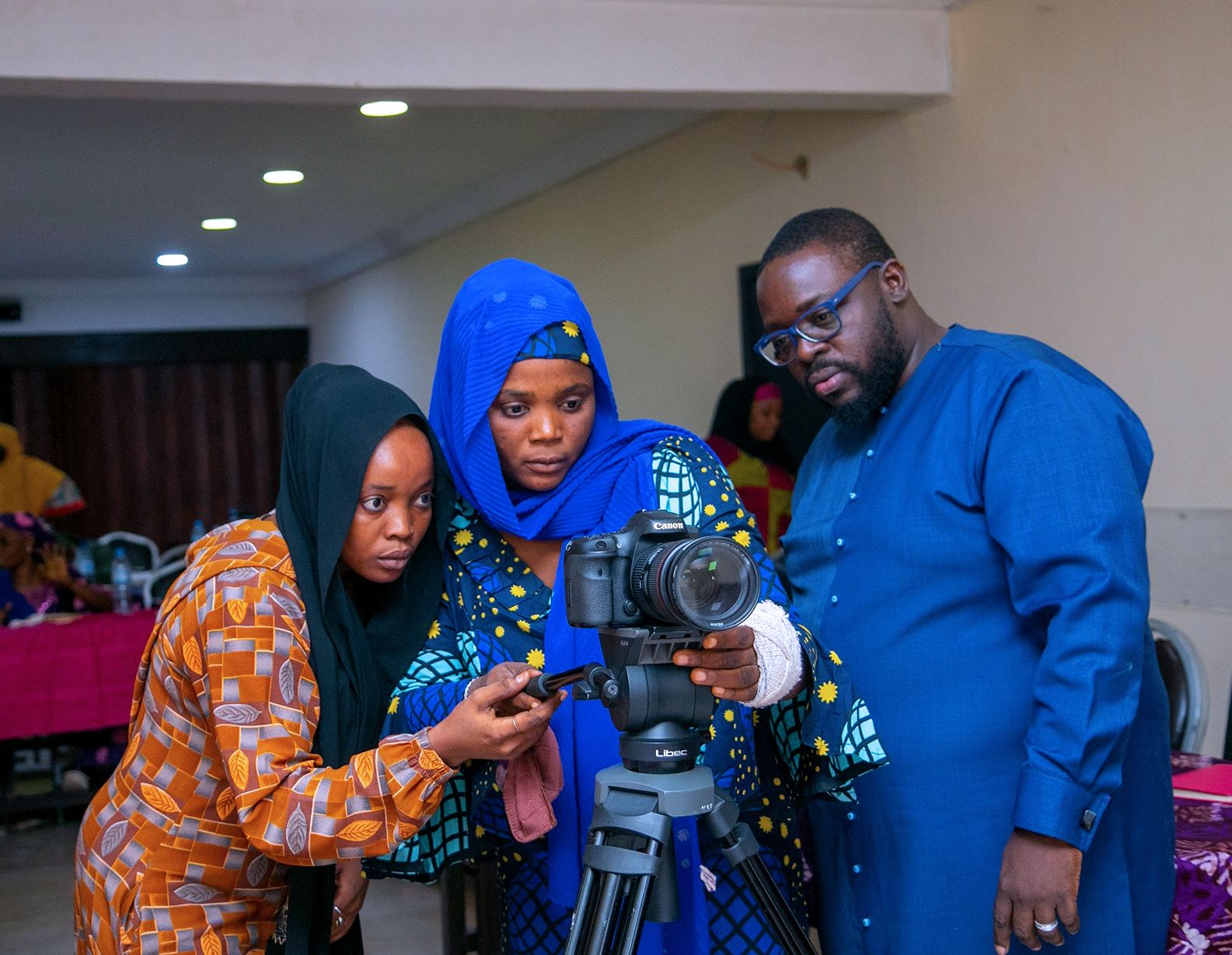
“It is about education. A simple story of a girl who wants to go to school to fulfil her career dream, but she is stopped by many hurdles hurled by circumstances in her path,” explains Bilkisu Yusif Ali, lead writer of the story for the project. “And it’s all in English,” she adds.
“The training was intensive and practical. I learned a lot. Besides, it gave me the opportunity and the chance to improve myself,” says Usman.
Like Abubakar, Usman has been involved in Kannywood for five years as an actress and has never been behind a camera in her filming career. After the training, Usman emerged as the set designer for the proposed film.
“I didn’t know anything about set design before the training. Now I know what it is, and with this film, I am confident I can rub shoulders with my male counterparts,” she says, smiling confidently.
Isa is from a different background. She is a law student who was asked to go to the training by her group. However, she is glad she went.
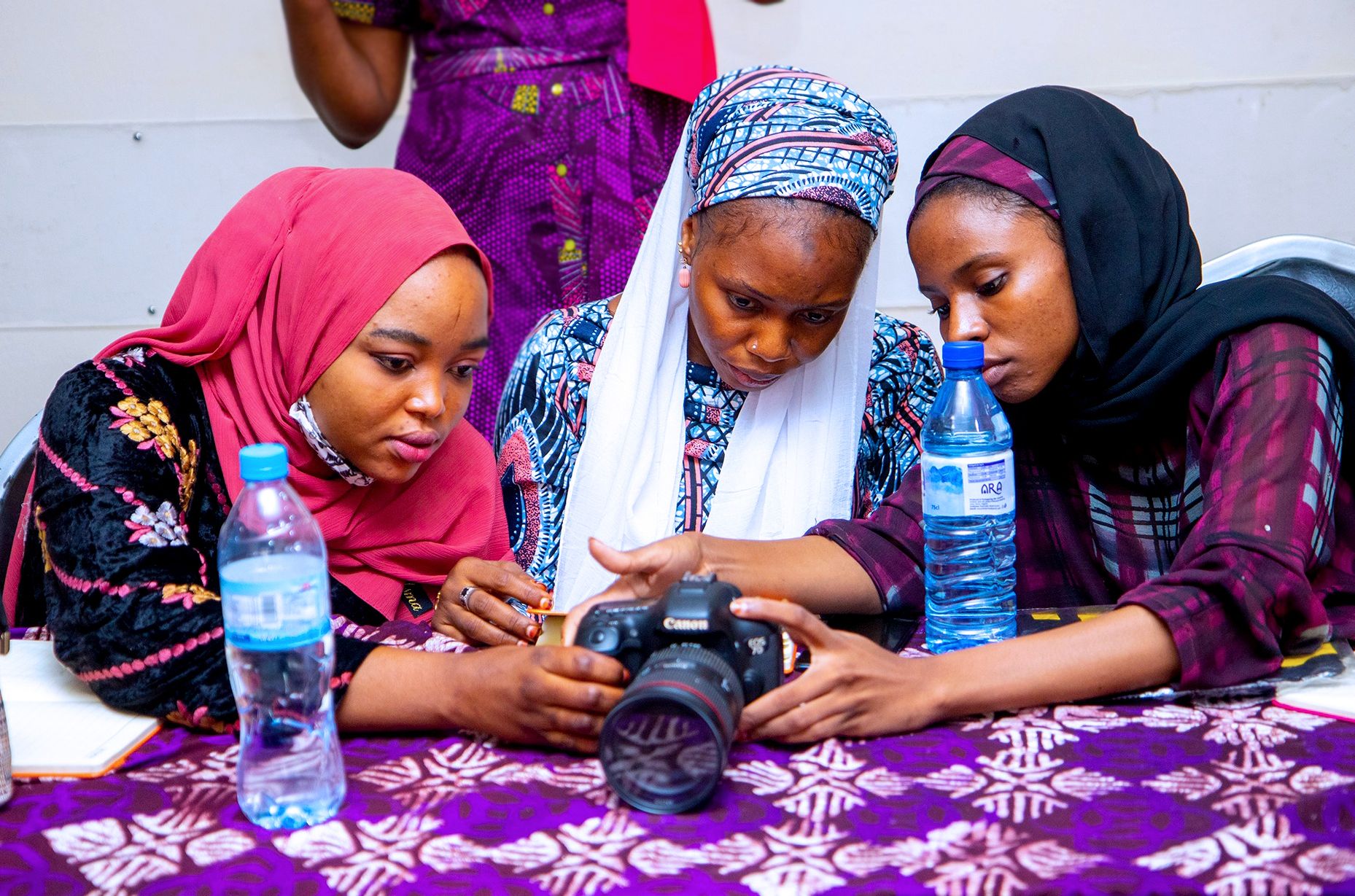
The student, who is now the project film’s assistant producer in charge of management, says “I’ve always been fascinated by movies, and this allows me to see how they’re made, and I love it.”
With a gleam in her eyes, Isa talks excitedly about having second thoughts regarding her law career in the face of her found love behind the screen.
“I don’t know if I will combine both, but I will probably leave one for the other,” she adds.
Their compatriot, Maryam Abubakar Ruffy, who is a Kannywood, doubles up in this project as an actress and sound engineer.
“This training is an eye-opener to opportunities in the film industry that were no-go areas for women. It also gives us a chance to grow,” she explains.
Ruffy’s passion is clear as she speaks about her new role in the film industry.
“Now I know what sound is, and I can do it effectively, which is a plus for me,” she continues.
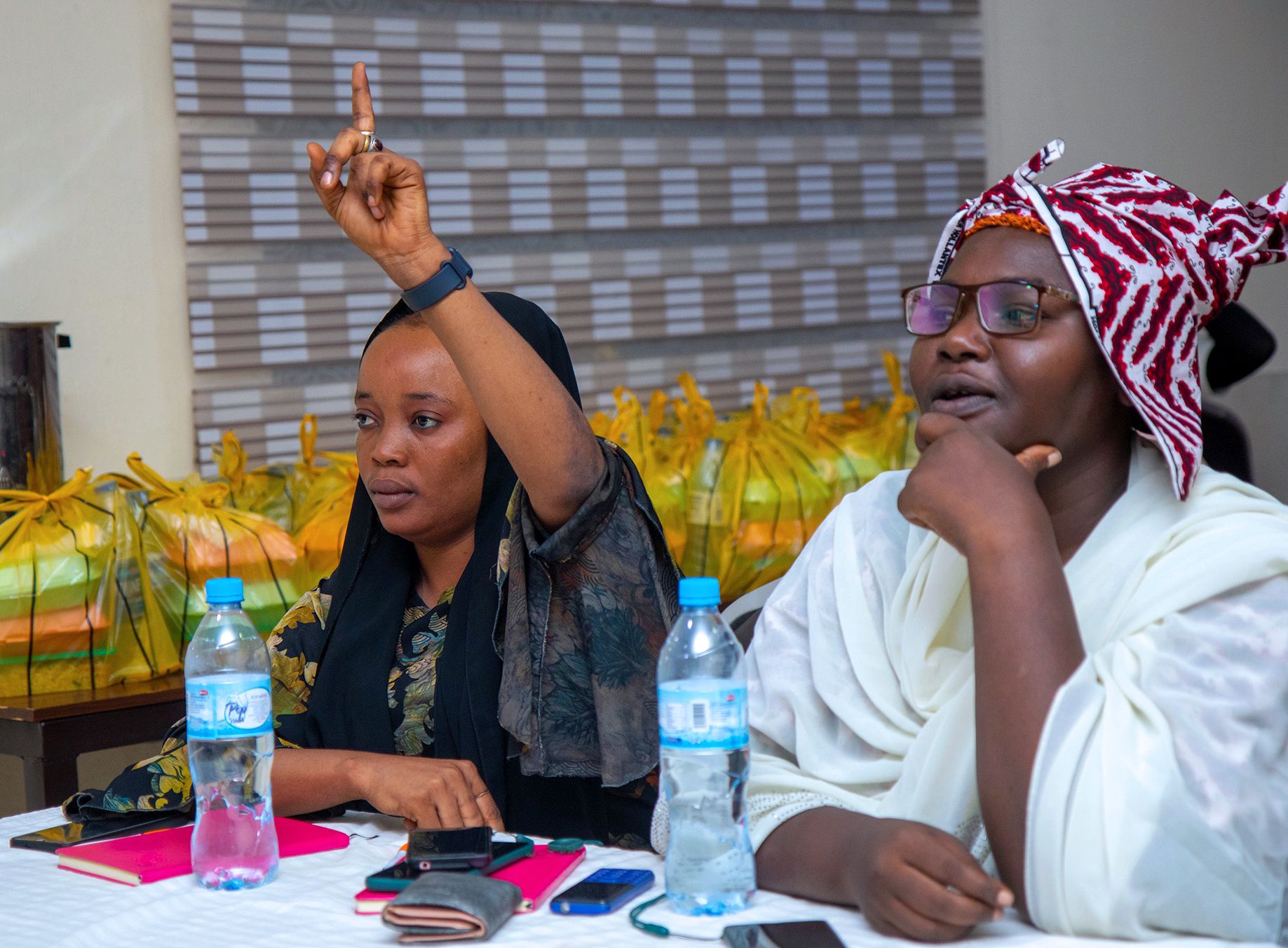
The Girds Nation and the Women’s International Film Festival Nigeria (WIFFEN) are behind the training workshop and the short film project that goes with it. The Embassy of France in Nigeria is helping them with the Innovative Projects from Civil Societies and Coalitions of Actors (PISCCA) project. As part of their training, the 30 chosen women will make a 30-minute short film that will be shown at an international film festival to show off their skills and talents.
The film’s producer, Halima Ben Umar, who is also one of the 30 trainees, says, “This project is both giving back to society and bringing to light the many talents of northern women who have long been pushed to the background in and out of the film industry.”
For her, this is a unique opportunity—a woman’s only crew working to provide an alternative narrative to Nollywood.
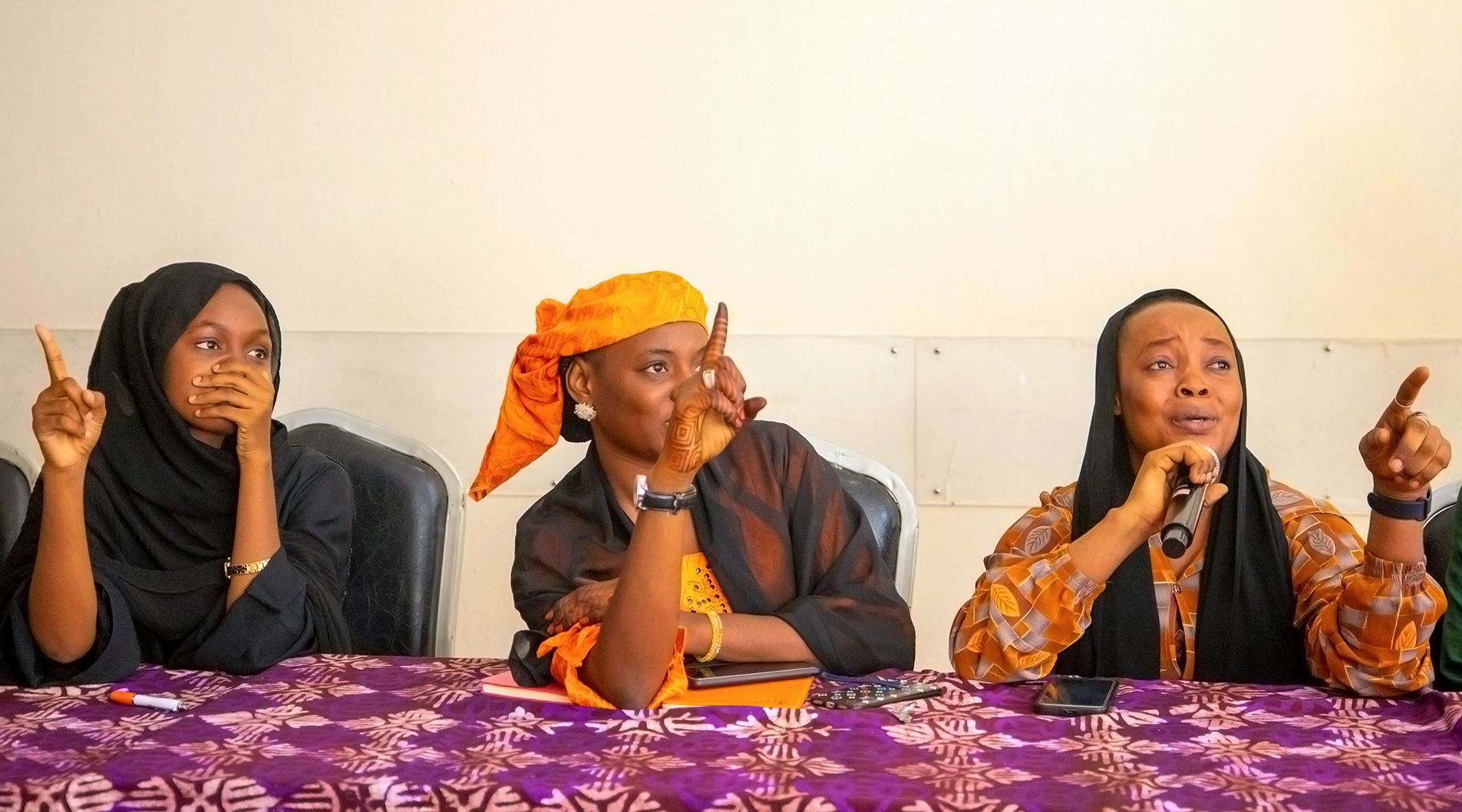
Ben Umar, or “Mama,” as she is fondly called by the team, is older than the other team members. She also runs an NGO called Women in Media Initiative, and her offices serve as the headquarters for the project. Though new to working behind the camera, she is determined and eager to make a mark as a producer.
While Kannywood is used to feature-length films and the task of writing a short film in English could be daunting, Yusif is confident that the team members’ experience will shine through.
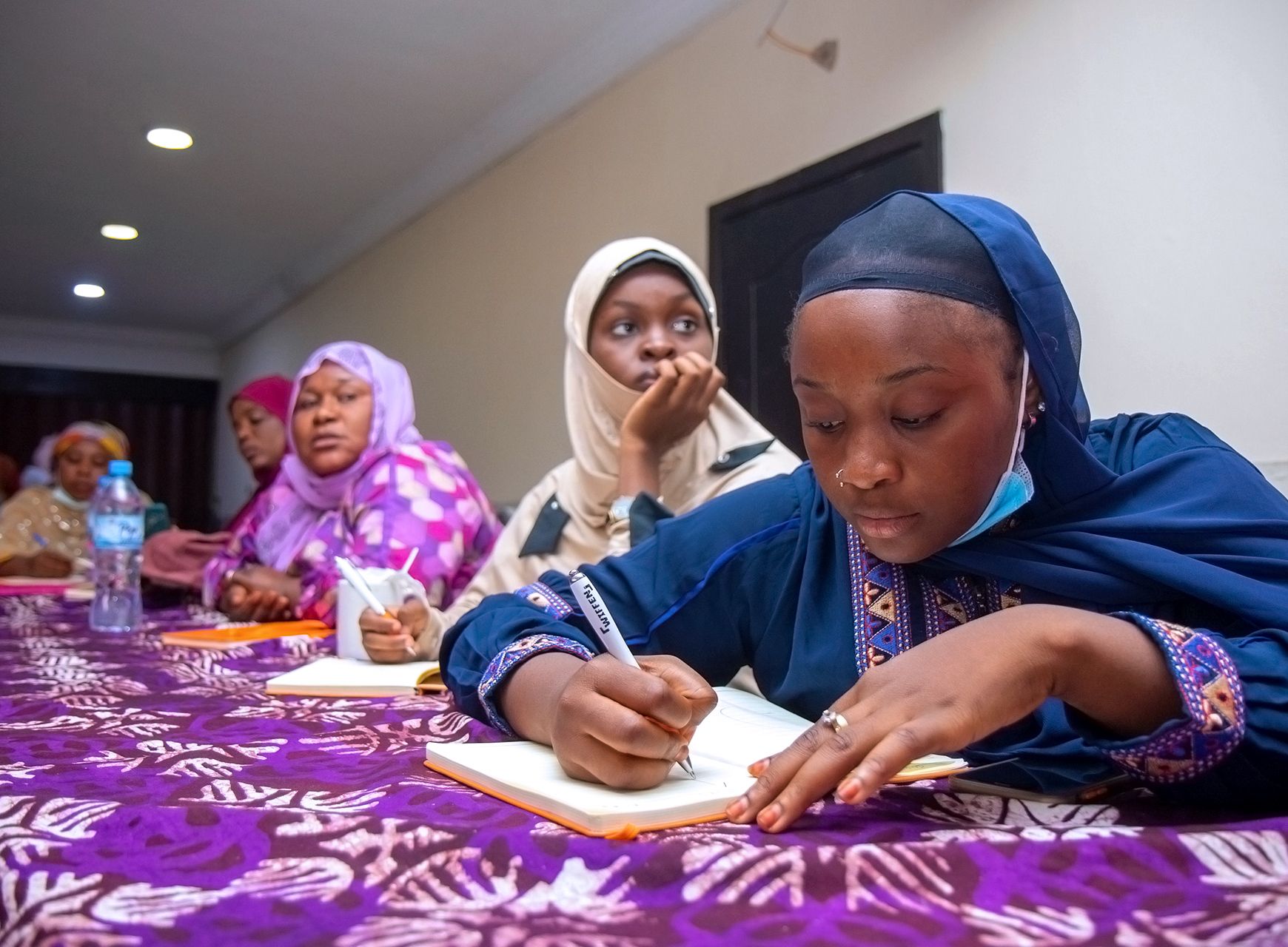
“I have been in Kannywood for over ten years writing scripts, and I also wrote for radio. I also have many novellas in Hausa to my credit,” she says.
“So with the training, everything comes easy. It is just a matter of focusing and finding a story with universal appeal, a theme that everyone can resonate with. And we have successfully come up with a good one that satisfies this criterion we set for ourselves,” Yusif says with pride.


